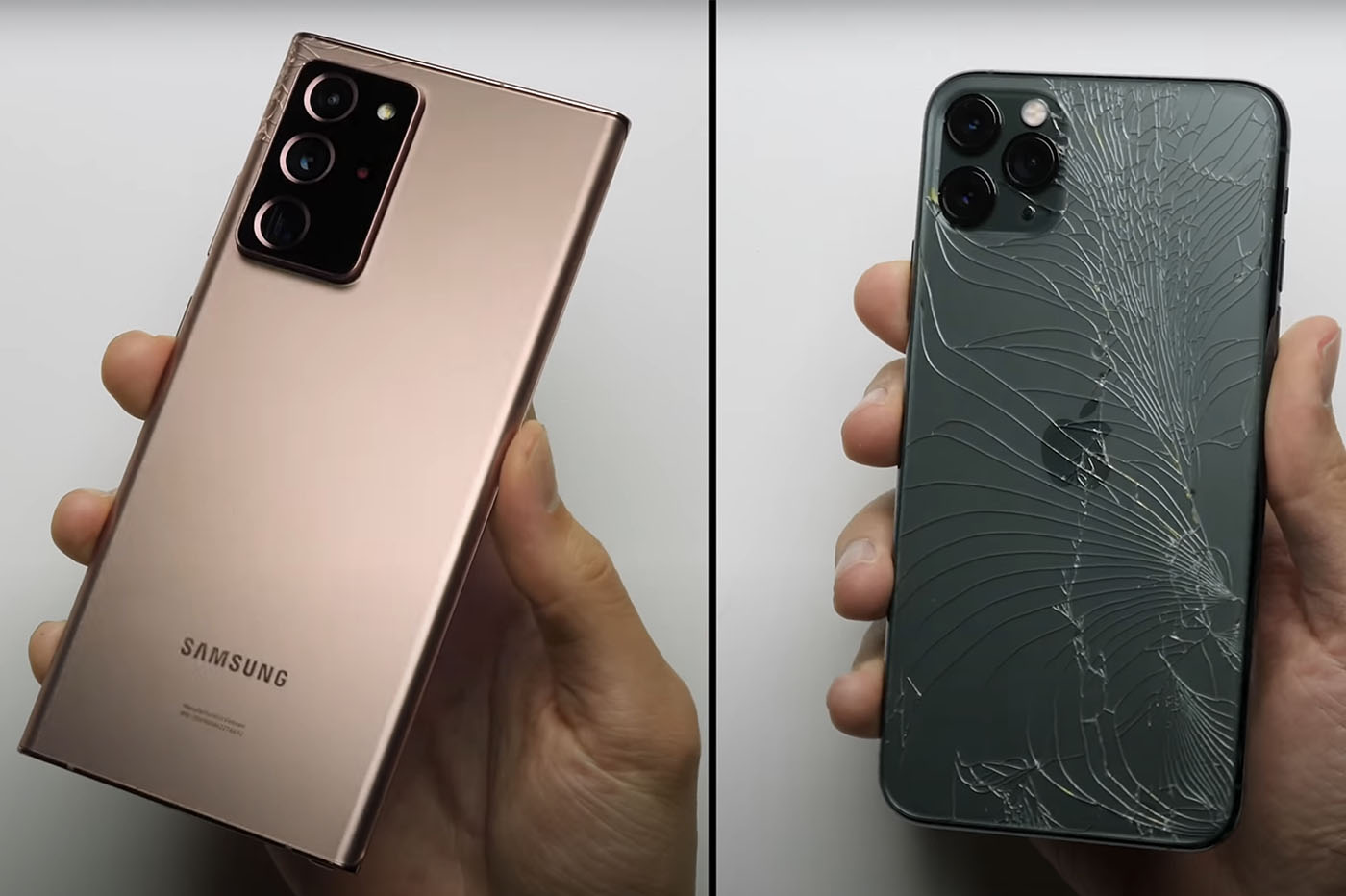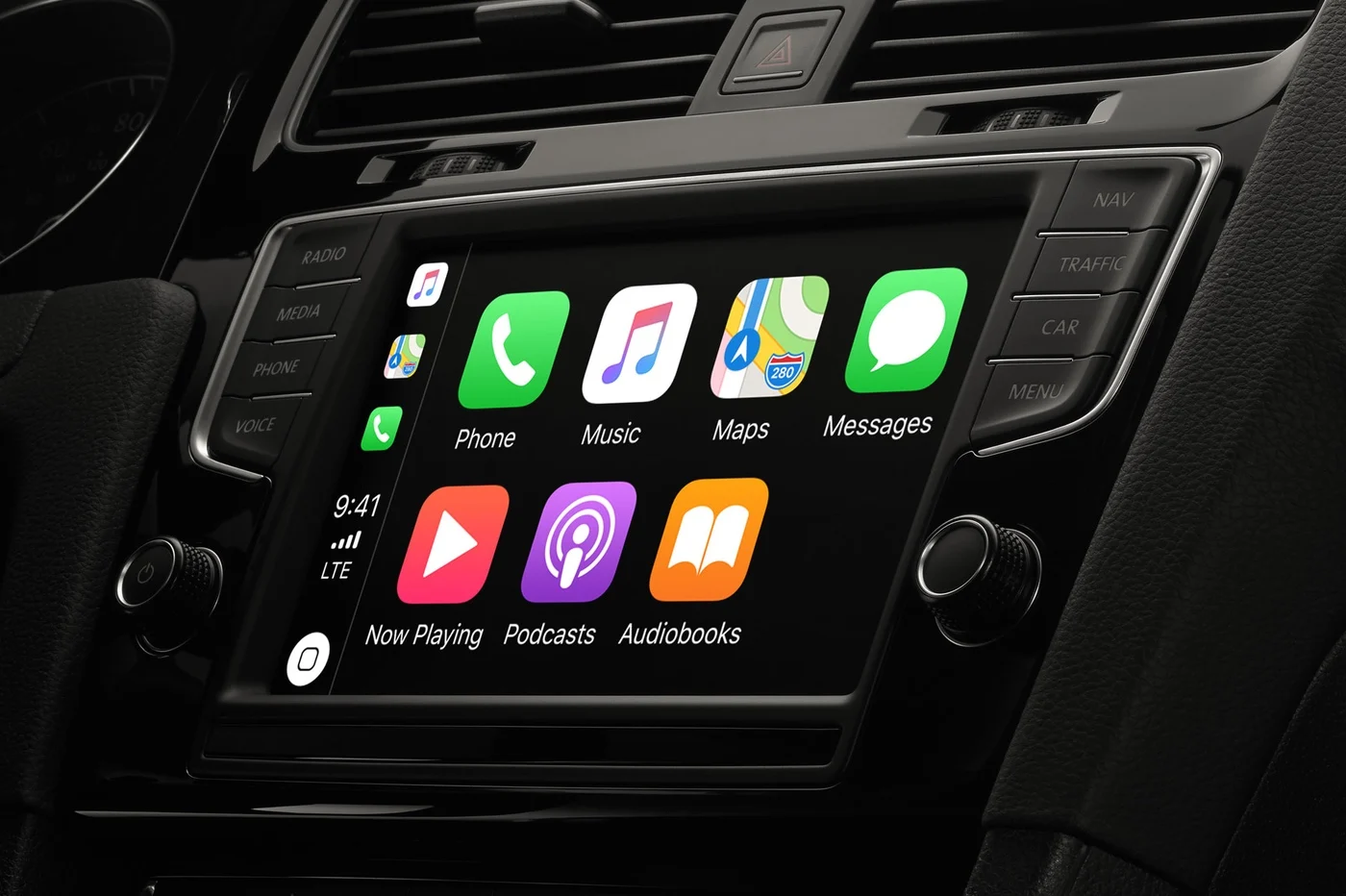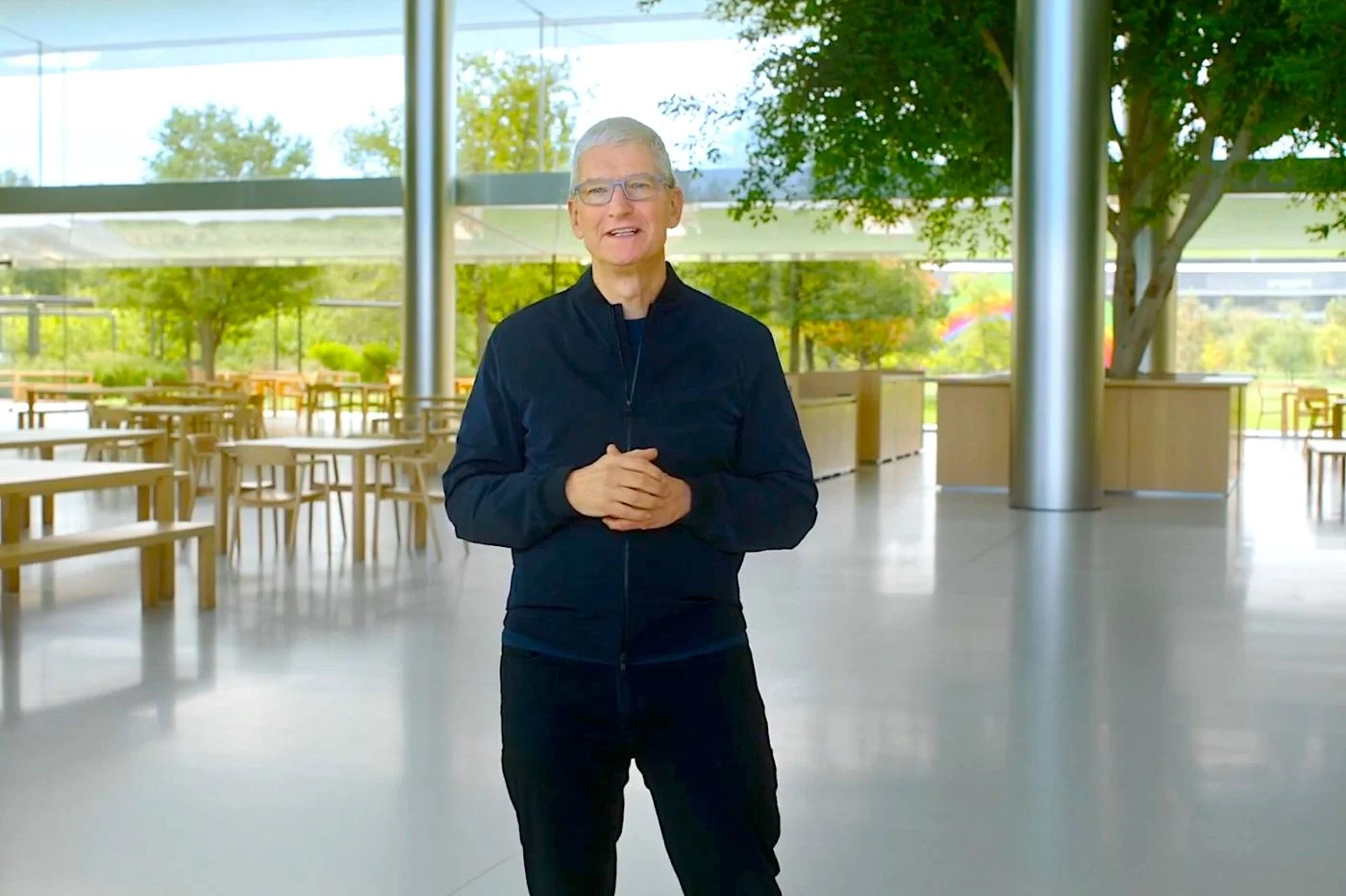Artificial intelligence is increasingly interfering in our daily lives. Applications that exploit this technology are multiplying, offeringever more personalized services. Some help you to be more productive, others to improve your photos or even to write your emails.
A new application called Death Clock has just appeared on the stores. It claims to use AI to predict something much more personal than yourconsumption habits: your date of death. A concept which raises many ethical questions, but which is already arousing the curiosity of many users around the world.
A prediction based on science?
The Death Clock application relies onanalysis of more than 1,200 studies on life expectancy. To get your prediction you will need to provide manypersonal informationsuch as your age, your ethnic origin, your lifestyle or your eating habits. The questionnaire is in English, but easy to understand:

© makeuseof

© makeuseof
The AI then cross-references this data with its reference studies to statistically determine yourlife expectancy. A calculation that aims to be scientific but remains theoretical, based solely on averages and probabilities. You then receive an estimate of your date of death,accompanied by a reliability percentage.
Data collection that raises questions
The creators of Death Clock also offer you personalized recommendations to extend your life. However, these tips are hidden behind aannual subscription of 44.99 euros. A significant amount for suggestions that often seem like common sense: eat a balanced diet, play sports, get enough sleep.
To work, the app collects personal information about your health and lifestyle. It's up to you whether you want to share your data with a service that claims to predict your death date based on statistics.
If you wish to continue reading on a similar subject, you can find our article which explainswhat happens to our Gmail account in the event of death.

i-nfo.fr - Official iPhon.fr app
By : Keleops AG






